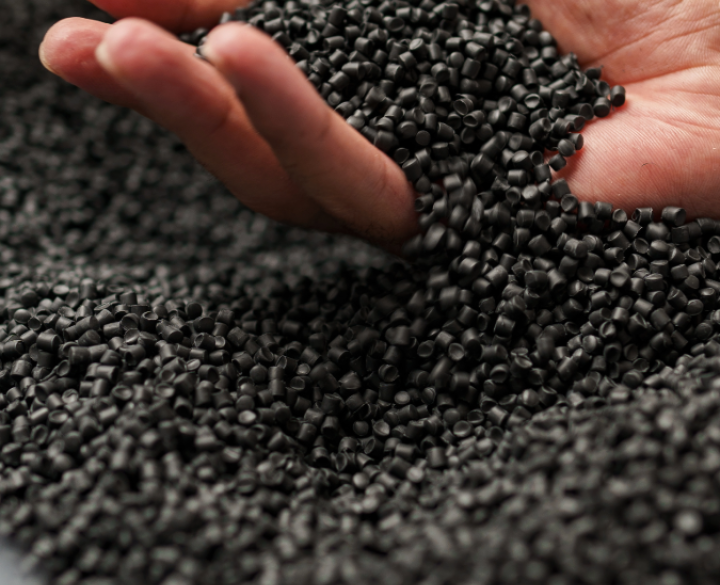It is now inconceivable that a world could exist without plastics. Annually, 390.7Mt of the material are produced globally. Its creation can be traced back to approximately 100 years ago, specifically in 1907 when Leo Baekelandt, a Belgian scientist residing in New York, developed Bakelite, the inaugural fully synthetic plastic. Nevertheless, it was not until the 1950s that the full production and commercial breakthrough of plastics occurred.
The typical product properties of plastics, including ease of design, light weight, strength, functionality, recyclability and corrosion resistance, have contributed to their increasing use across a range of applications.
Plastics are a diverse group of synthetic and semi-synthetic organic compounds that are shaped into solid forms. These materials are employed in a plethora of applications, including packaging, electronics, construction materials, and textiles. In the textile industry, for example, plastics such as polyester, nylon and polypropylene are employed in the production of durable, lightweight and easy-care fabrics.
The process of plastic melt processing is of great importance in the manufacture of plastic products and textiles. In this process, the plastic granules or powders are subjected to a temperature above their melting point, after which they become liquid and can be poured, pressed, or molded into a shape. There are a number of techniques employed in the processing of molten plastics, including injection moulding, extrusion and blow moulding.
The majority of plastics are still produced from petroleum, although access to renewable and/or recycled raw materials is increasing and is being promoted by Europe and national governments.
The success of plastics has resulted in a global waste issue, with pollution of oceans and remote locations, underscoring the importance of recycling for the plastics processing industry.
Our research activities are focused on
- renewable, bio-based, sustainable alternatives to oil-based thermoplastics
- improving the properties of biomaterials to match and if possible exceed those of conventional materials
- functionalisation of thermoplastic polymers (chemical, physical)
- creation of high-end fibre-reinforced or self-reinforced composites meeting the most stringent mechanical requirements
- implementation of new technologies (such as Additive Manufacturing) in traditional production processes
- recycling and closed loop
Platforms
Our platforms are used for R&D and trial runs





